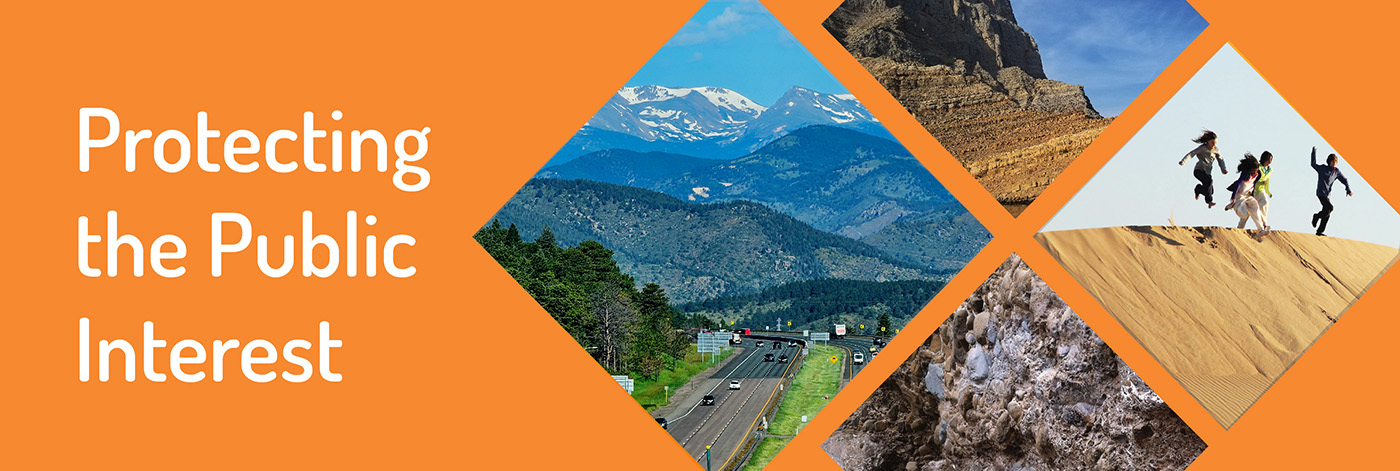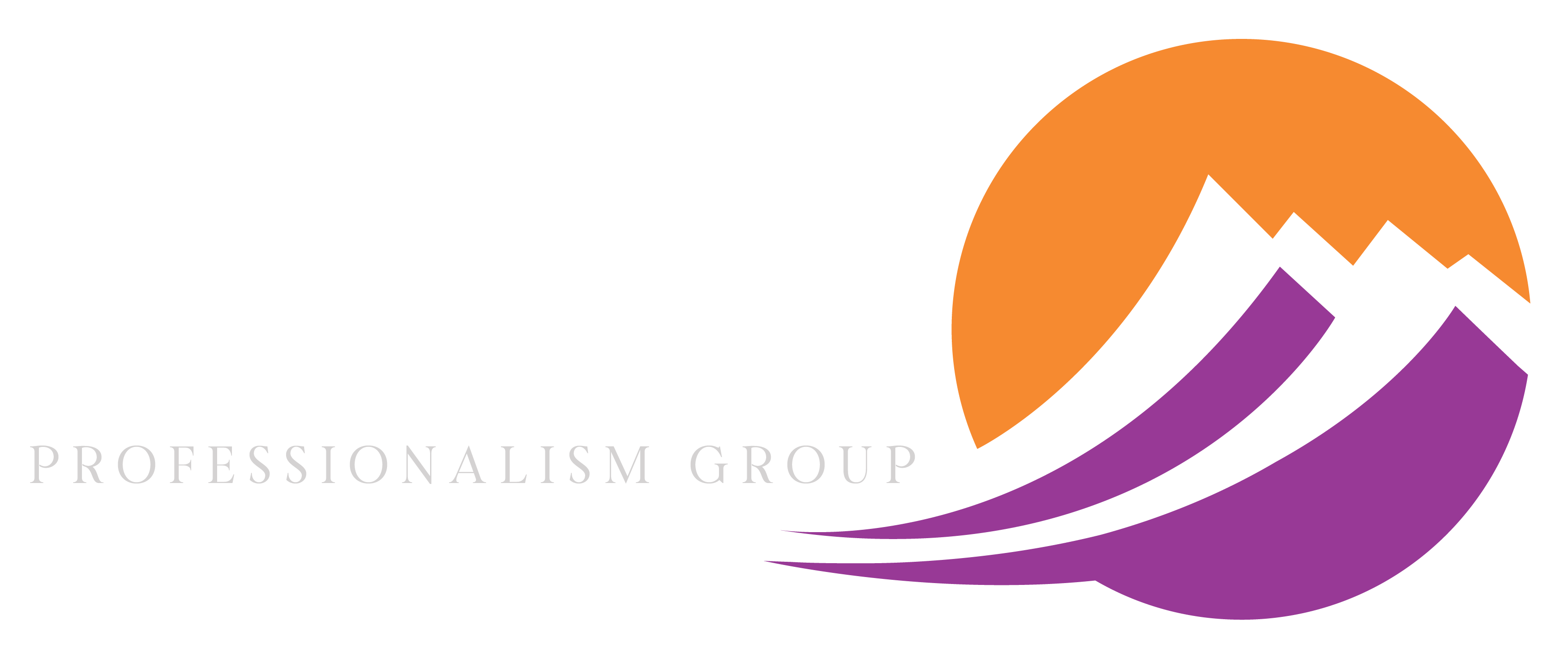
Protecting the Public Interest
Geoscience professionals are dedicated to practising sound, knowledgeable, and ethical geoscience and to protecting the public interest. To accomplish these goals many professional geoscience bodies, both legislated and voluntary, as well as learned societies and organisations in the various geoscience topic areas, have come into existence over the years. These organizations exist to:
Encourage high ethical standards among practising professionals in the interest of public and environment protection, and
Provide a venue for collaboration between geoscientists for the exchange of knowledge and best practises.
Professional geoscience bodies are generally of two types: regulated and unregulated.
Regulated bodies have been enacted by the local government, either national or state/provincial. These regulated bodies generally are legislated to provide the “right to practise”, meaning that an individual may not practise or use the professional designation in that jurisdiction without being a member of the regulating body. Applicants to regulated bodies undergo a rigorous application process and must usually satisfy specified knowledge and experience requirements; supply the stipulated references; and usually demonstrate an understanding of ethics and local applicable law. Once a member, the individual must abide by the Act, regulations and by-laws of the body, as well as being held to a regulated Code of Ethics. Should the member be found to be in breach of Act or regulations, a regulated Complaints and Discipline process is enforced by the body and enforcement could result in the member losing the right to practise geoscience in the body’s jurisdiction.
There are also several geoscience professional bodies, national or state/provincial, which although unregulated, also have members who are accountable to a Code of Ethics and who expect members to abide by the by-laws, policies, and best practices provided by the body. These bodies are generally “right to title” organisations. In such jurisdictions, individuals may practice geoscience without being a member of the organisation, however they may not use the professional designation, or title, unless they have applied and been accepted by the geoscience professional body. As with the regulated professional geoscience bodies, there are usually rigorous knowledge and experience requirements to be satisfied in order to be granted membership. Once a member, the individual is subject to the body’s Complaints and Disciplineprocess. The discipline process could result in the loss of the right to title, but not the right to practise, in the body’s jurisdiction.
Learned geoscience societies and organisations provide a venue for geoscience professionals from the various geoscience topic areas to discuss their areas of speciality with similarly trained geoscientists. These organisations facilitate a greater understanding of the various areas of geoscience and initiate many of the best practises with the various geoscience topic areas.
There are also many affiliated organisations which support the geosciences in a wide variety of ways including:
Geoscience student
Mineral industry
Corporate Social Responsibility
And many others.
